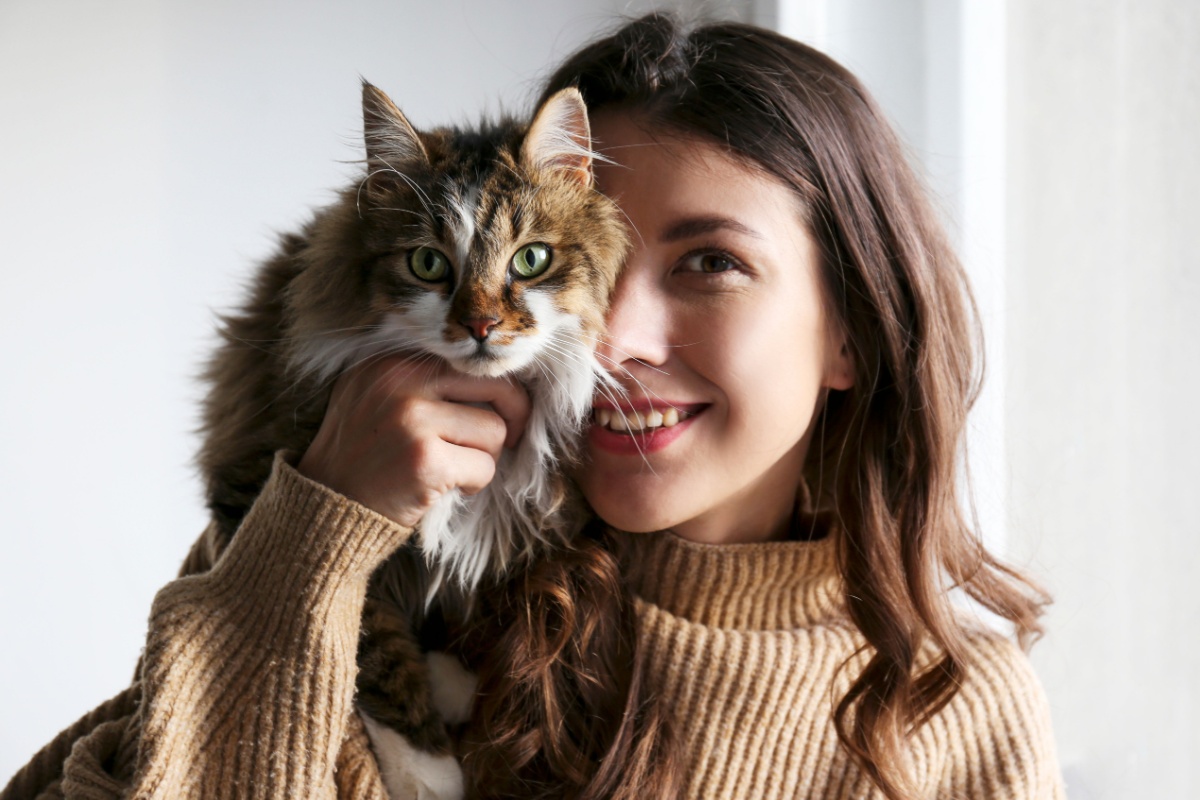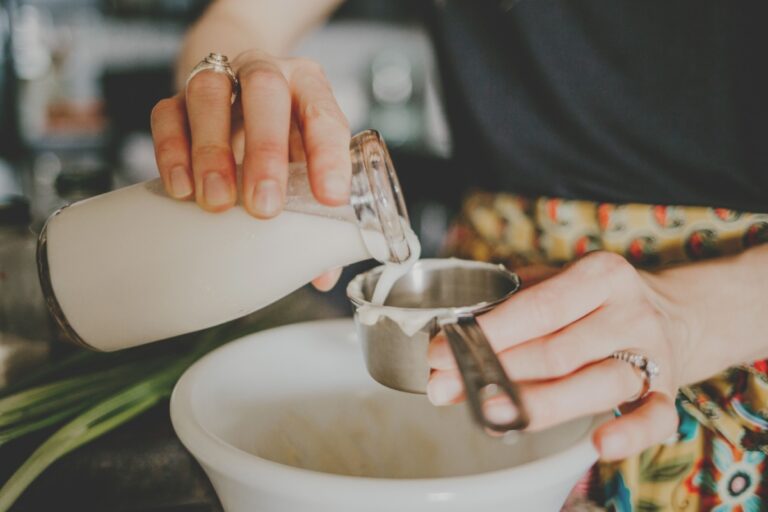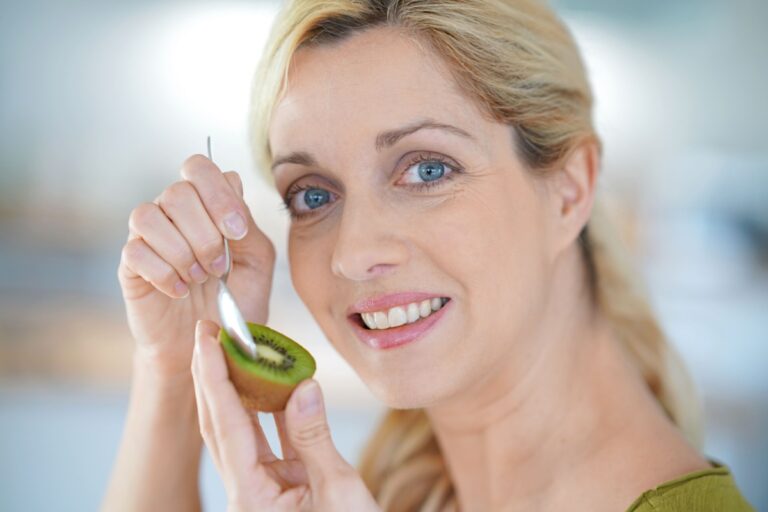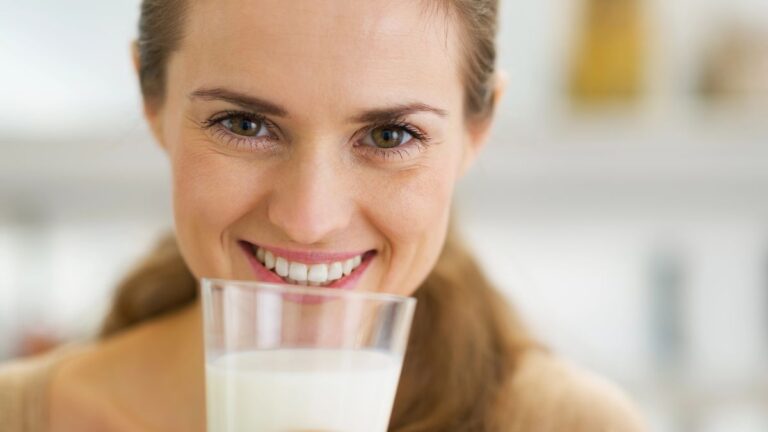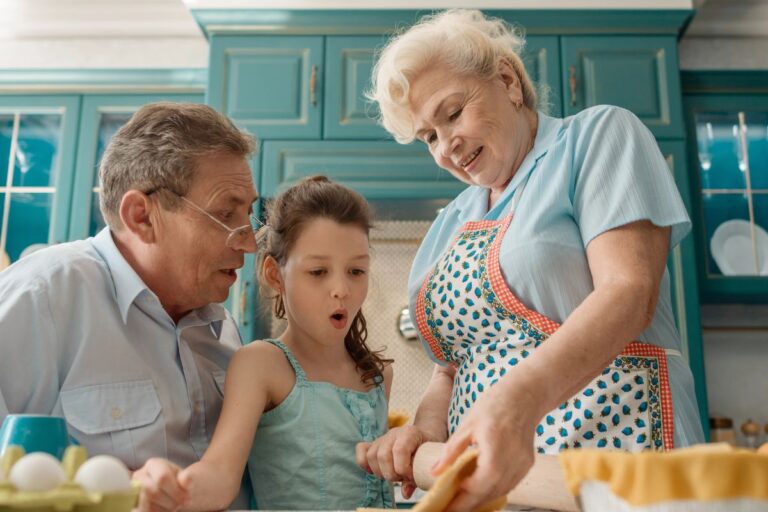Cat Concerns: 15 Human Foods You Should Never Feed Your Feline Friend
Cats are curious creatures, and they often show interest in the foods we eat. However, many human foods can be harmful to them, even if they seem harmless at first glance.
Feeding your cat something they shouldn’t eat can lead to health problems or even be life-threatening. To keep your feline friend safe and healthy, here are several human foods you should never feed your cat.
Chocolate
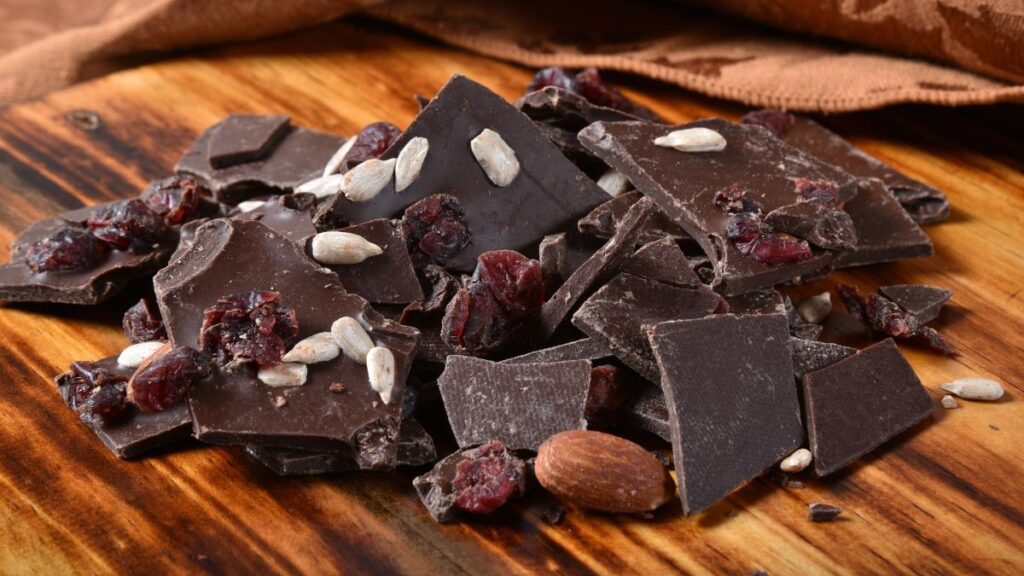
Chocolate may be a tasty treat for humans, but it’s highly toxic to cats. It contains theobromine and caffeine, both of which are harmful to felines.
Even a small amount of chocolate can lead to symptoms like vomiting, diarrhea, increased heart rate, and seizures. In severe cases, chocolate consumption can be fatal to cats. Always keep chocolate out of reach of your cat to avoid any accidental ingestion.
Onions and Garlic
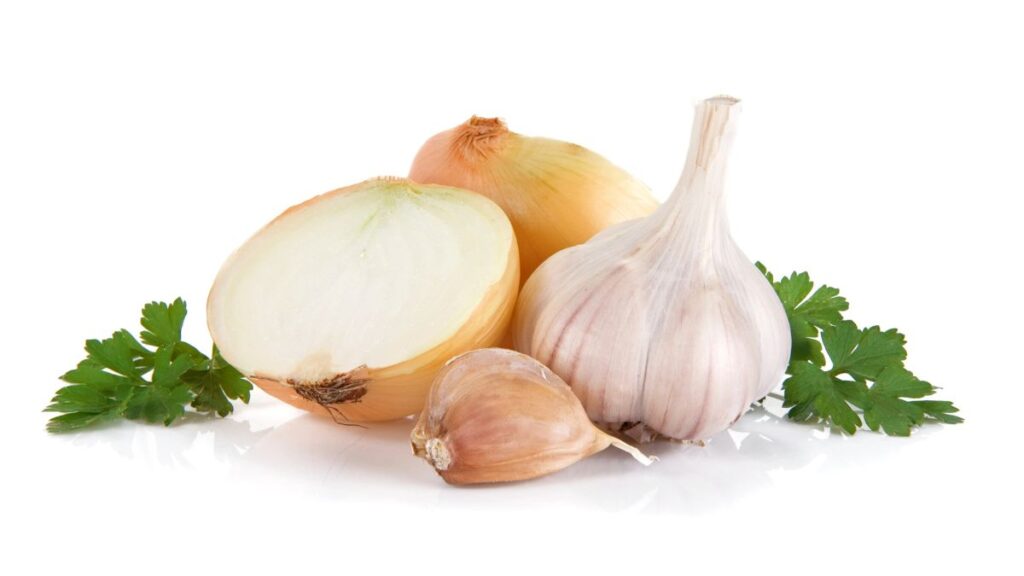
Onions and garlic, whether raw, cooked, or powdered, can be extremely dangerous to cats. These foods can damage a cat’s red blood cells, leading to anemia. Symptoms of onion or garlic poisoning include weakness, lethargy, and a reduced appetite.
Even small amounts can cause harm, so it’s best to avoid feeding your cat any food that contains these ingredients. If your cat accidentally consumes onions or garlic, contact a vet immediately.
Grapes and Raisins
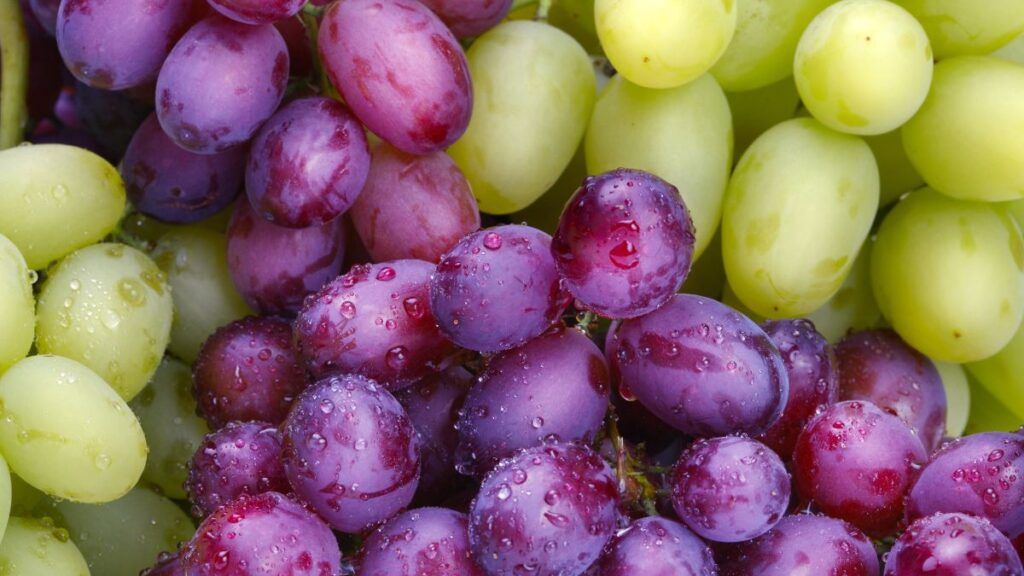
While grapes and raisins are a healthy snack for humans, they can cause kidney failure in cats. Even a tiny amount can lead to serious health issues like vomiting, lethargy, and decreased appetite.
Over time, the toxins can cause permanent damage to a cat’s kidneys. Since it’s unclear exactly why grapes and raisins are so toxic to cats, it’s safest to keep them completely away from your pet.
Alcohol
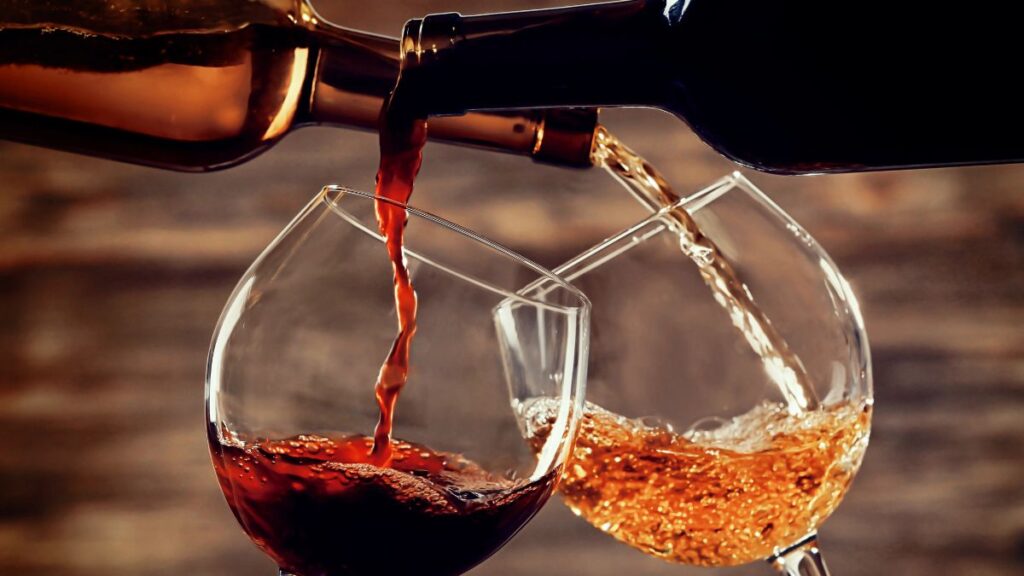
Alcohol can have dangerous effects on cats, even in small amounts. It affects their liver and brain in a similar way to humans, but cats are much more sensitive to its toxic effects. Drinking alcohol can lead to vomiting, diarrhea, difficulty breathing, and even death.
Any beverage containing alcohol, including beer and wine, should be kept far away from your feline friend to avoid accidental ingestion.
Caffeine
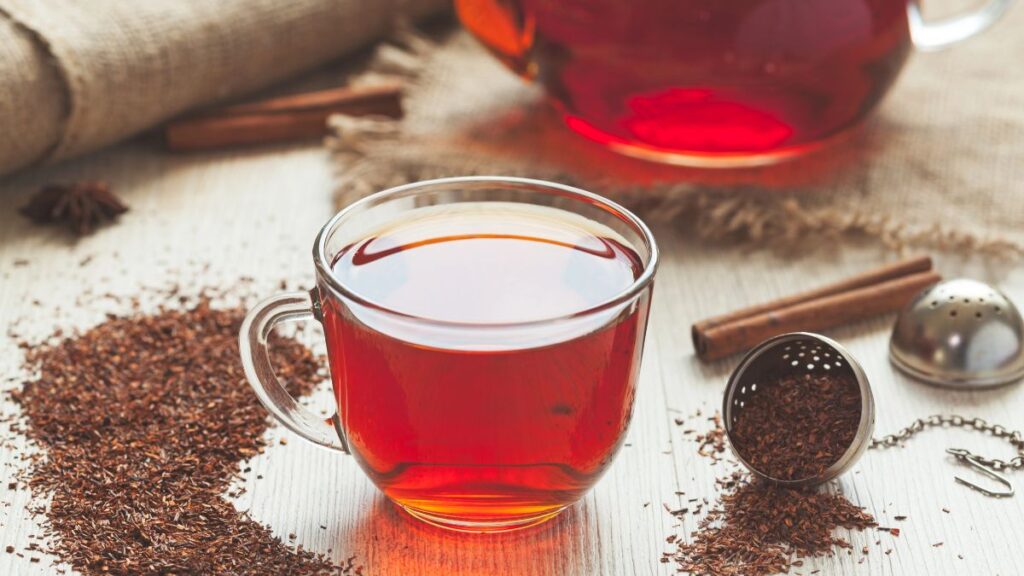
Caffeinated drinks like coffee, tea, and energy drinks are hazardous to cats. Caffeine is a stimulant that can cause restlessness, rapid breathing, heart palpitations, and muscle tremors in felines. In severe cases, it can lead to death.
Cats are more sensitive to caffeine than humans, so it’s important to ensure they don’t come into contact with caffeinated beverages or food.
Raw Eggs
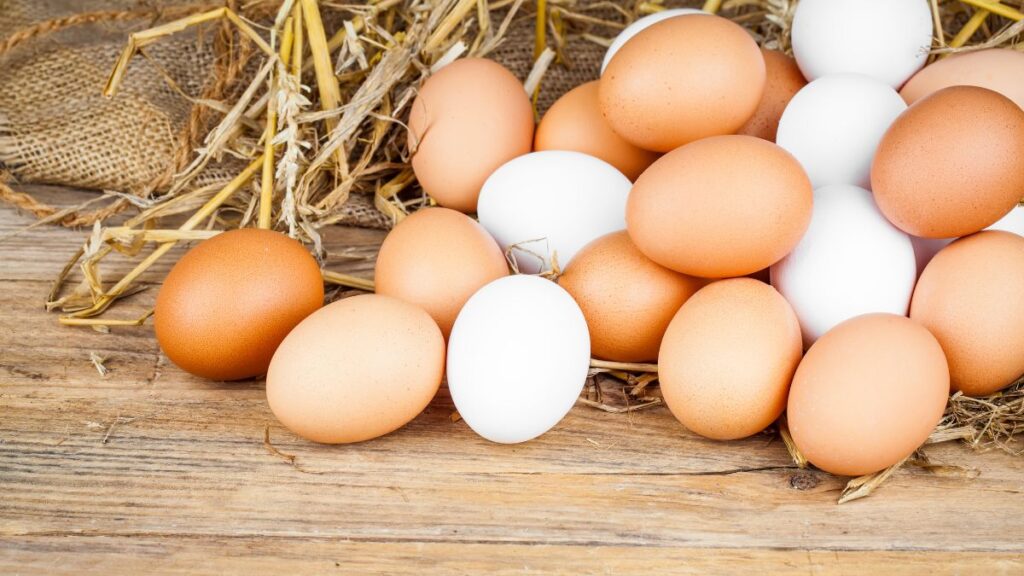
Raw eggs carry the risk of salmonella or E. coli, which can be harmful to both cats and humans. In addition to the risk of bacterial infection, raw egg whites contain avidin, a protein that can interfere with a cat’s ability to absorb biotin, an essential vitamin for skin and coat health. This can lead to skin issues and a dull coat. To avoid these risks, never feed your cat raw eggs.
Raw Fish
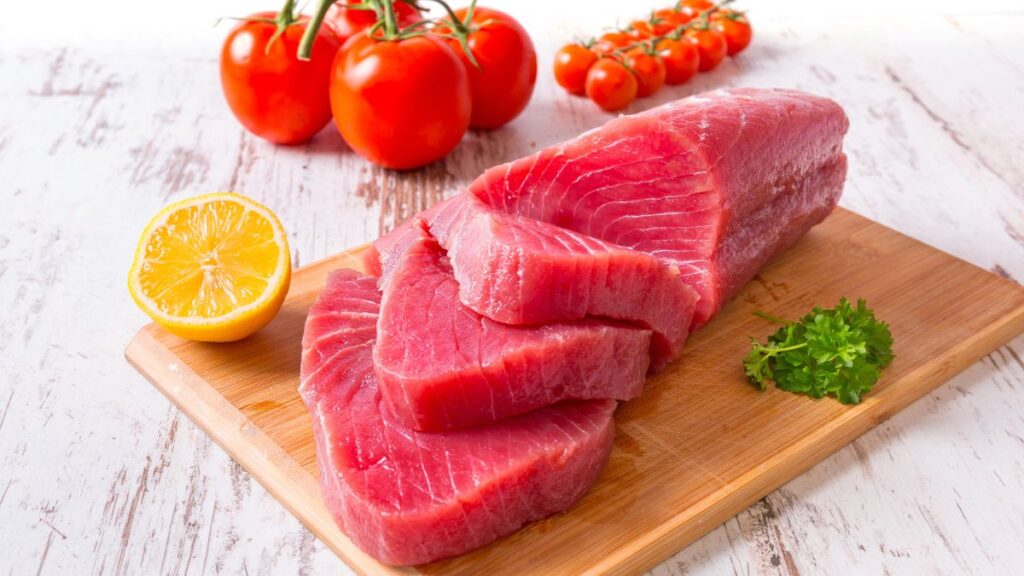
Feeding raw fish to your cat might seem like a natural choice, but it can be dangerous. Raw fish can contain harmful bacteria and parasites that can make your cat sick. Additionally, raw fish contains an enzyme called thiaminase, which breaks down thiamine, an essential B vitamin. A lack of thiamine can lead to neurological problems in cats, such as seizures or even coma. Cooked fish in moderation is fine, but raw fish should be avoided.
Dairy Products
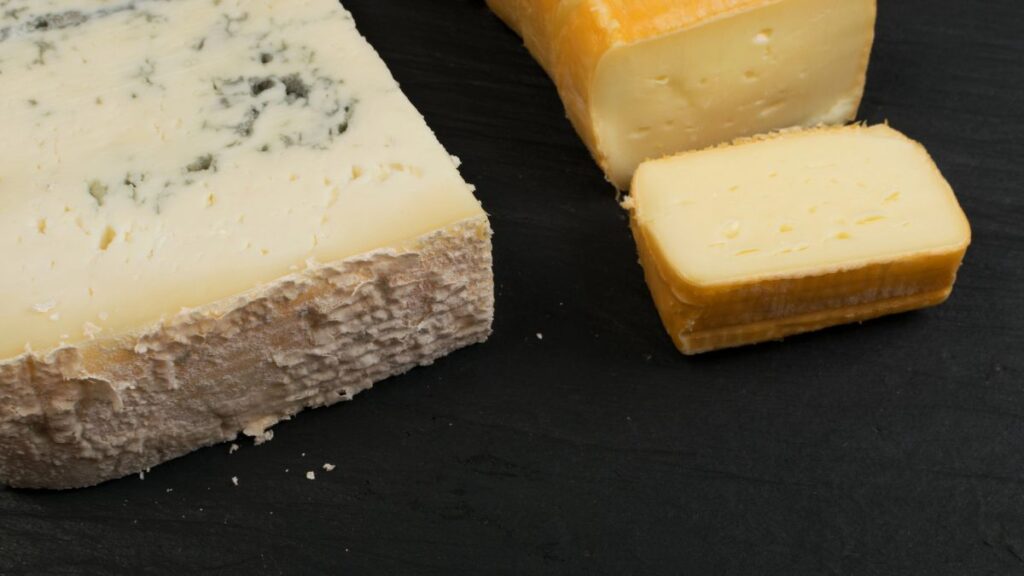
Although many people believe that cats love milk, dairy products can actually cause digestive issues. Most adult cats are lactose intolerant, which means they have difficulty digesting the lactose in milk, cheese, and other dairy products.
Feeding your cat dairy can result in stomach upset, diarrhea, and bloating. It’s best to avoid giving your cat dairy and opt for water as their primary source of hydration.
Bones
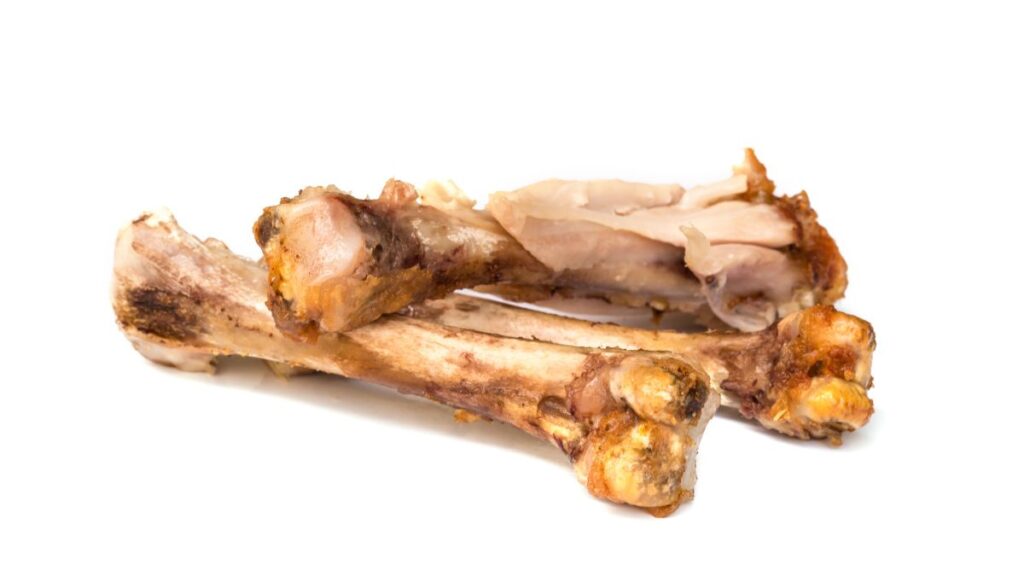
While it may be tempting to give your cat a bone to chew on, this can be very dangerous. Bones, especially cooked ones, can splinter and cause blockages or tears in your cat’s digestive system.
These sharp fragments can lead to internal injuries, choking, or broken teeth. If your cat needs something to chew on, look for safer alternatives designed specifically for feline dental health.
Fat Trimmings
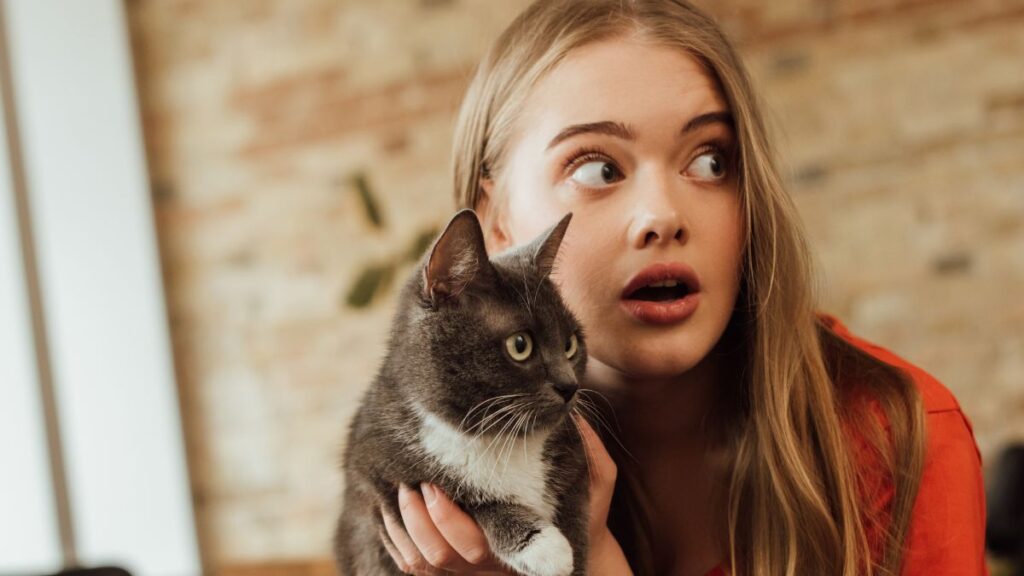
Feeding your cat fat trimmings from meat can lead to serious health problems. Fat, whether cooked or raw, can cause digestive issues like vomiting and diarrhea. In some cases, it can lead to pancreatitis, a painful inflammation of the pancreas.
It’s best to avoid giving your cat fatty scraps and instead stick to well-balanced, high-quality cat food that meets their nutritional needs.
Salt and Salty Foods
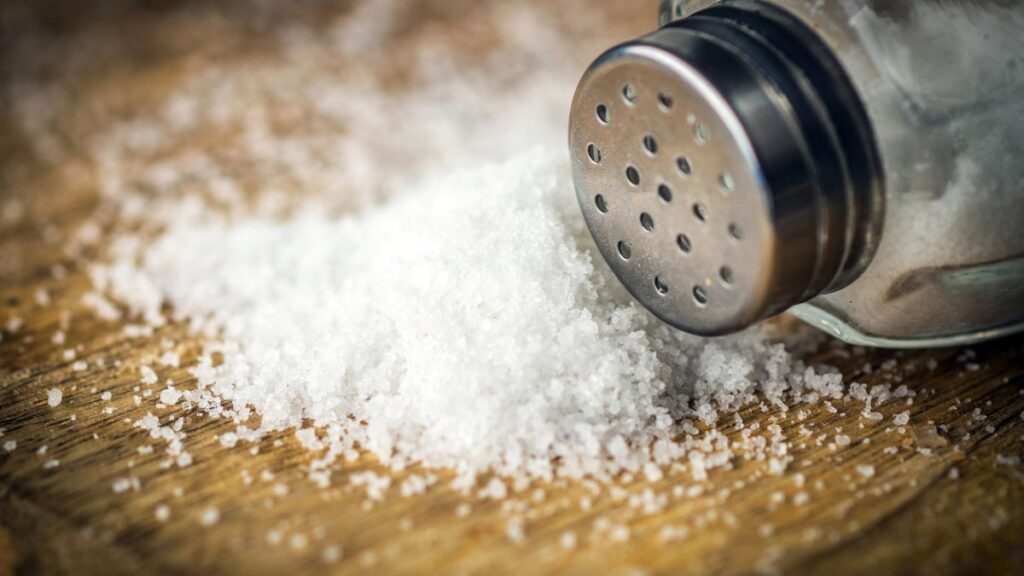
Too much salt can be harmful to cats, leading to symptoms such as vomiting, diarrhea, excessive thirst, and even seizures. Human foods that are high in salt, like chips, pretzels, or processed meats, should be kept away from your feline friend.
Cats require very little salt in their diet, and too much can put their health at risk. Always check the ingredients of any human food before considering it for your cat.
Xylitol
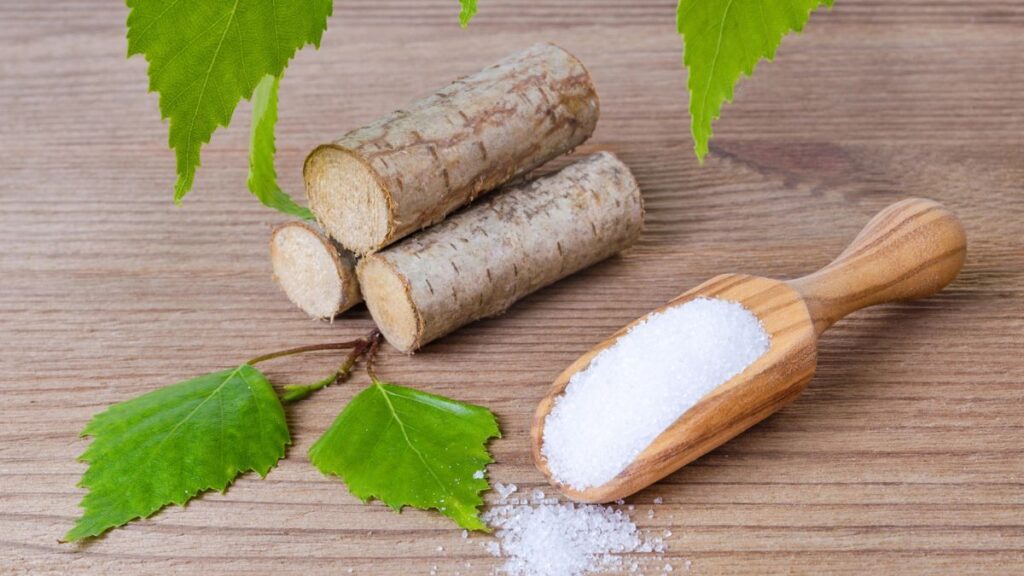
Xylitol is an artificial sweetener commonly found in sugar-free gum, candies, and baked goods. While it’s harmless to humans, xylitol is extremely toxic to cats. It can cause a rapid release of insulin, leading to a dangerous drop in blood sugar levels.
Symptoms include vomiting, loss of coordination, and seizures. If you suspect your cat has consumed something containing xylitol, seek veterinary help immediately.
Tuna
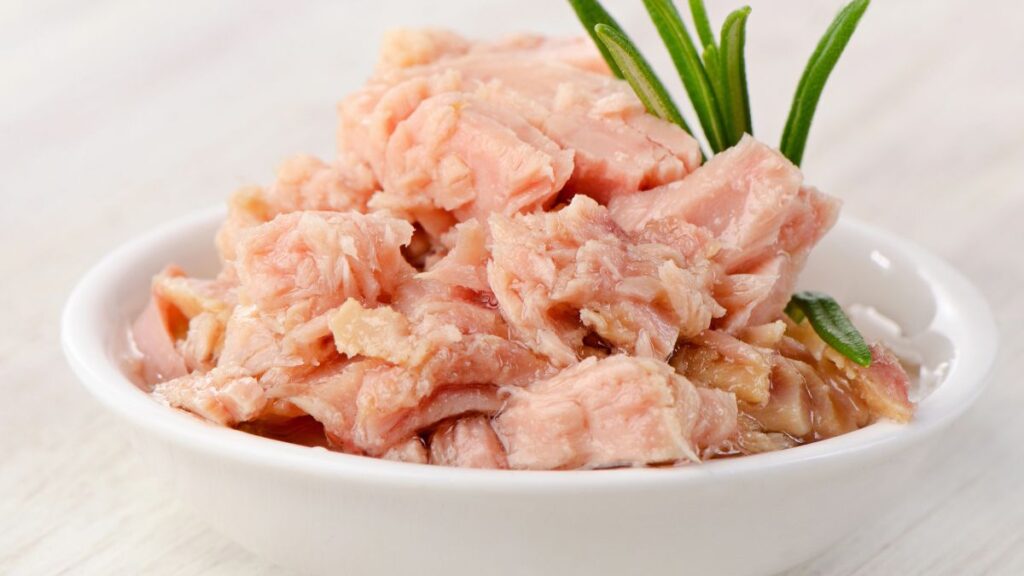
While cats are often depicted enjoying tuna, too much tuna can actually be harmful to them. Tuna lacks essential nutrients that cats need for a balanced diet and can lead to malnutrition if fed too frequently.
Tuna contains high levels of mercury, which can accumulate in your cat’s system over time and cause mercury poisoning. Tuna should only be an occasional treat, not a regular part of your cat’s diet.
Avocado
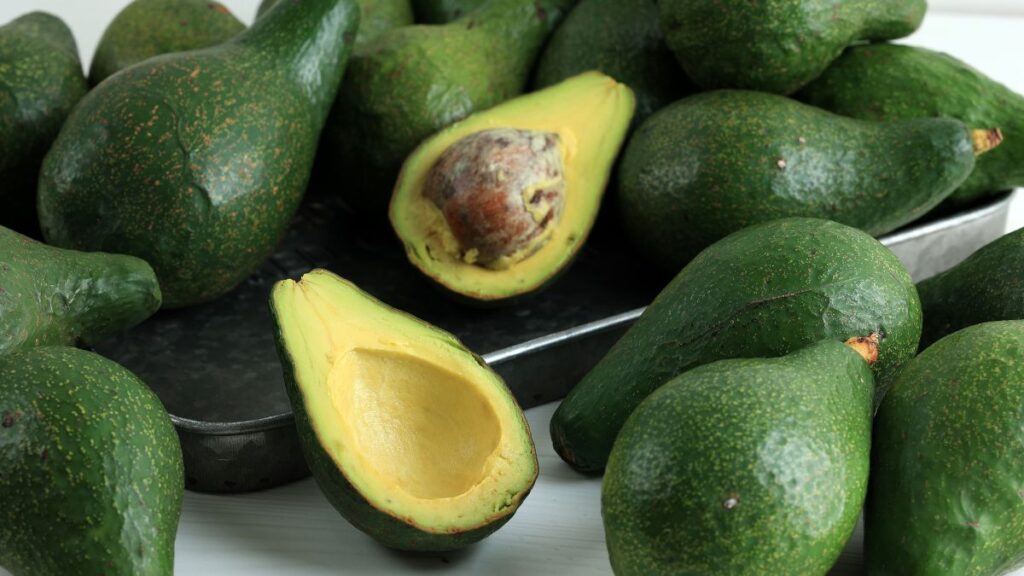
Avocados contain a substance called persin, which is toxic to cats in large amounts. While a small bite of avocado may not be deadly, it can cause vomiting and diarrhea.
The pit and skin are especially dangerous, as they contain higher concentrations of persin and pose a choking hazard. To be safe, it’s best to keep avocados out of reach of your cat entirely.
Raw Meat
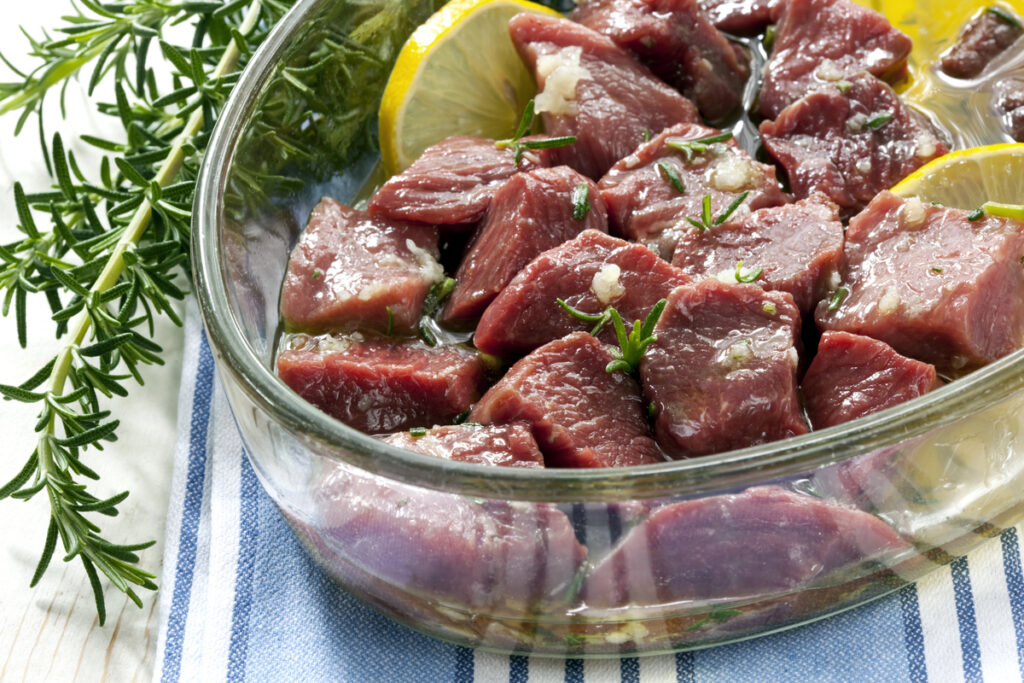
While cats are carnivores, feeding them raw meat can expose them to harmful bacteria like salmonella and E. coli. These pathogens can cause food poisoning, leading to vomiting, diarrhea, and lethargy. Additionally, raw meat can contain parasites that are harmful to cats. If you want to feed your cat meat, ensure it’s fully cooked and free from seasonings.
15 of the Best Dog Breeds If You Have Kids
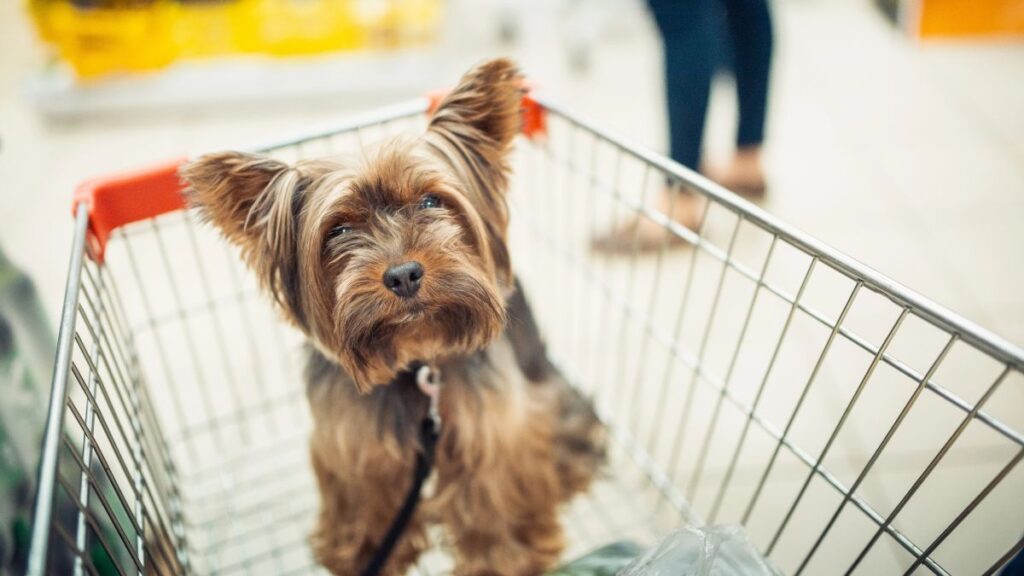
Choosing the perfect dog breed for your family, especially if you have kids, requires careful consideration. You want a furry companion who not only bonds well with children but also seamlessly fits into your lifestyle.
15 of the Best Dog Breeds If You Have Kids
Why Healthy Eating is Important – 5 Basic Tips on How to Start

One of the best ways to start getting healthier is to eat a healthy diet, and these tips will give you simple ways to eat better.
Why Healthy Eating is Important – 5 Basic Tips on How to Start

